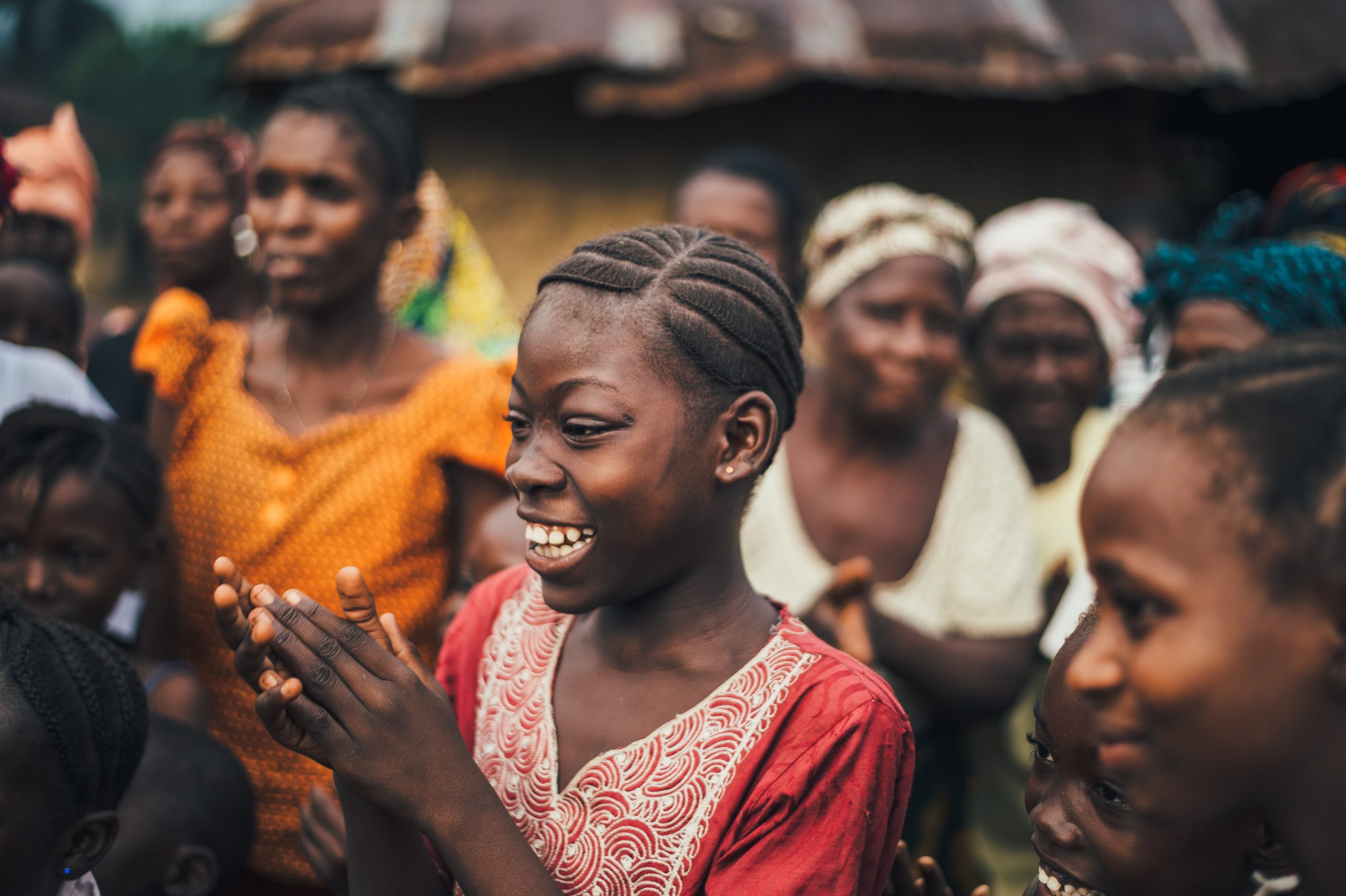
Ghana launches Trade for Decent Work Project to protect and enforce labour rights
Child labour in Ghana affects almost two million children.
21% of all children in Ghana aged 5 to 17 years are involved in child labour while 14% are engaged in hazardous forms of labour.
It is within this context that the Ministry of Employment and Labour Relations (MELR), the International Labour Organization (ILO) and the European Union (EU) have joined forces to contribute to the 2030 Agenda for Sustainable Development and to SDG 8, “Promote inclusive and sustainable economic growth, employment and decent work for all.”
The result of this joint global effort is the Trade for Decent Work (T4DW) Project, which aims to ensure that international labour standards are adhered to, child labour and forced labour are eliminated and that multinational enterprises uphold due diligence in supporting these efforts.
Find out more:
- Launch of the Trade for Decent Work Project – Ghana
- Child Labour in Ghana
- ILO child labour topic portal
- Partnering for development
Fast facts:
- Children from poorer households are pressured to become involved in child labour in agriculture and fishing industries due to reduced incomes and sudden unemployment in their families.
- In all regions, the vast majority of working children are unpaid family workers between the ages of 5 and 7 years.
- Boys and girls are equally likely to be engaged in paid work, while girls tend to be more involved in self-employment than boys (7.3% vs. 6.5%).
- Ghana has ratified both ILO core conventions on child labour (on worst forms of child labour and minimum age requirements).
- Countries throughout the world are recognizing 2021 as the UN International Year for the Elimination of Child Labor.
- You can get involved by making an individual 2021 Action Pledge today.